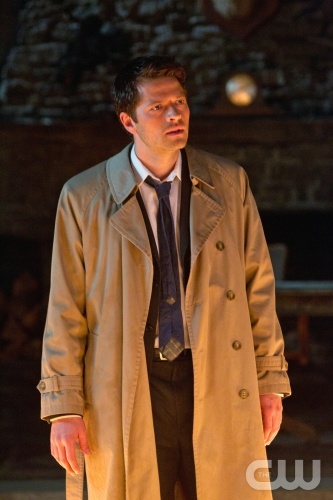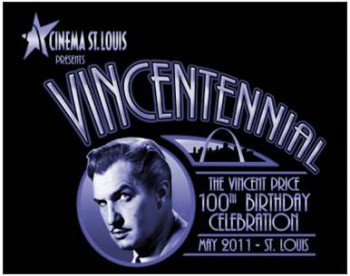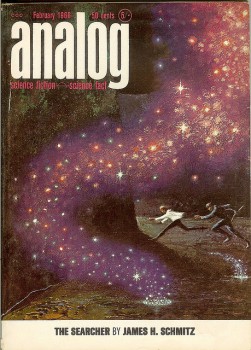Art of the Genre: An Inteview with Will McLean
Two months ago I had the pleasure of writing up a small nostalgia piece on the Art of Will McLean, and after it hit the press John O’Neill gets me on my cell and tells me ‘It’s not enough!’. Ryan Harvey and I got a kick out of that, to be sure, both of us taking in some sun on the Black Gate L.A. corporate terrace. Such rants by John always elicit great mirth when we are both well aware of his location some 2118 miles away, meaning he has little power over us.
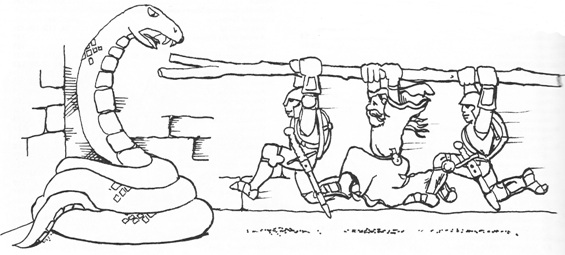 Still, I was both moved and intrigued when a message from Mr. McLean showed up on my blog a few days later. This pushed me to consider that my article was indeed, as John insisted ‘not enough!’. Weeks passed, and John kept at me until he finally forced my hand with a full travel itinerary showing up at the office by Wells Fargo courier and the next thing I knew I was once again on a Zeppelin with an interview in mind.
Still, I was both moved and intrigued when a message from Mr. McLean showed up on my blog a few days later. This pushed me to consider that my article was indeed, as John insisted ‘not enough!’. Weeks passed, and John kept at me until he finally forced my hand with a full travel itinerary showing up at the office by Wells Fargo courier and the next thing I knew I was once again on a Zeppelin with an interview in mind.
The destination… Malvern Pennsylvania, a fine and upstanding Victorian era borough of less than four thousand people that resides some twenty-five miles west of Philadelphia, and home to Will McLean. Having spent twelve years in Maryland, this was fairly familiar country to me, and I eased into a transition from the heat of L.A. to the seemingly never ending winter of the northeast.

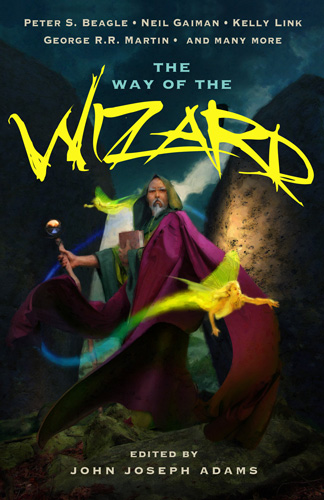

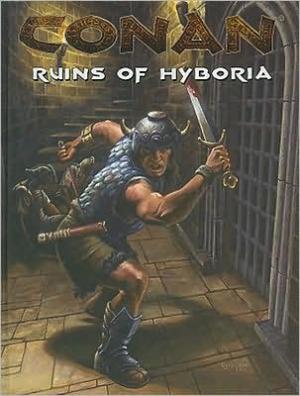
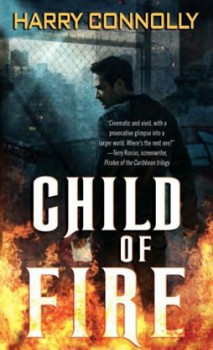
 When I first read The Lord of the Rings I was young enough that I no longer remember how old I actually was. It’s a story that seems to me to have been around forever, a part of the background from which the world was made. I reread it often, though not as often as I’d like; and I’m not sure that ‘reread’ is even the right word here, because every time I go back to it, it’s a new tale.
When I first read The Lord of the Rings I was young enough that I no longer remember how old I actually was. It’s a story that seems to me to have been around forever, a part of the background from which the world was made. I reread it often, though not as often as I’d like; and I’m not sure that ‘reread’ is even the right word here, because every time I go back to it, it’s a new tale. 